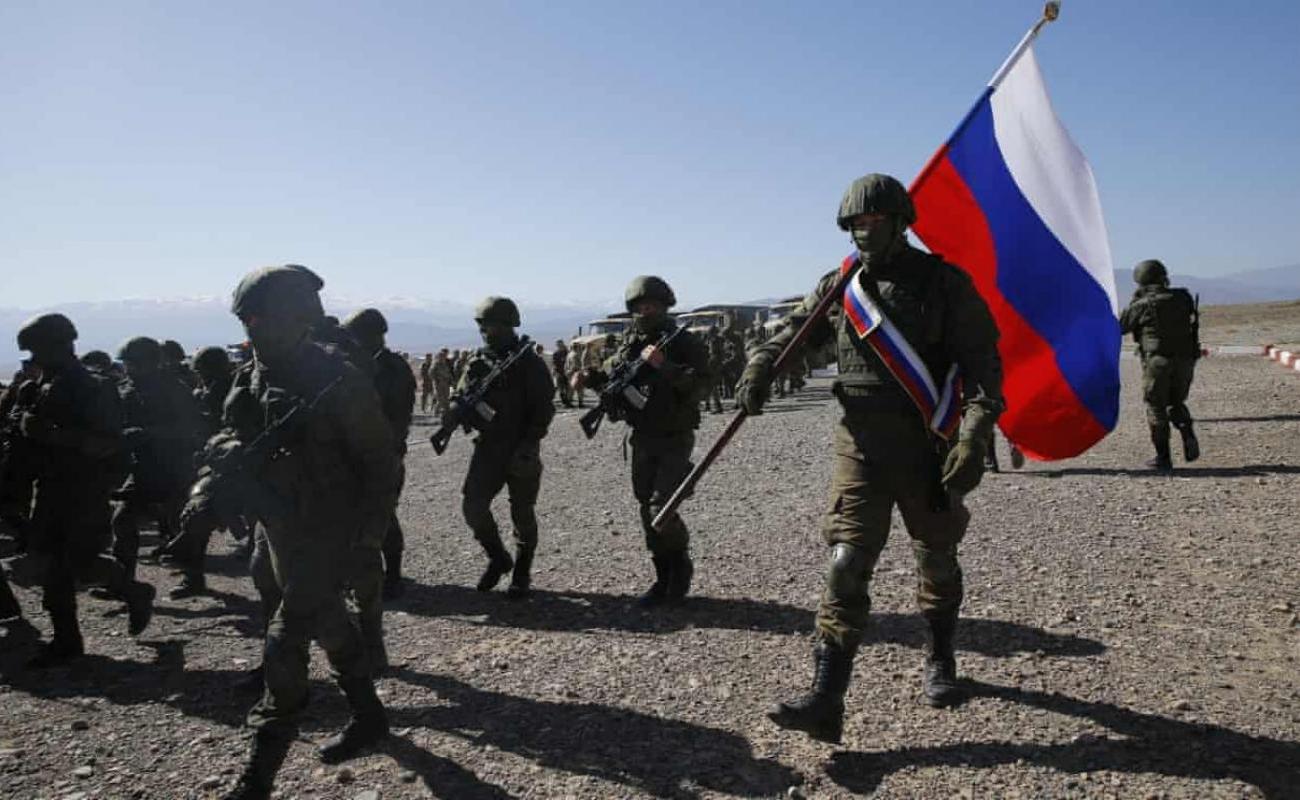Russia recruits Serbs in drive to replenish military forces in Ukraine

At the beginning of September, Branko boarded a direct flight from Belgrade to Moscow.
After a few days in the Russian capital, Branko, with three other Serbian nationals, was driven to a military recruitment centre in Krasnogorsk, a city on the outskirts of Moscow, where the group signed a contract with the Russian military.
“It all went very fast; in one day I became a soldier for Russia … Now I am waiting to be sent to Ukraine,” Branko said in a text exchange on Telegram, requesting anonymity so he could speak freely.
Branko, not his real name, was part of Moscow’s latest drive to recruit Serbs to fight for the Russian army in Ukraine, as the Kremlin seeks to replenish its forces, depleted by 18 months of fighting.
Based on accounts provided by two Serbian fighters who travelled to Russia, as well as a leaked list of recruited Serbs, the Guardian found that Russian officials appear to have made plans to recruit hundreds of Serbian nationals to bolster the army.
Since the start of the war in Ukraine, Russia has introduced a series of laws to lure foreign citizens to join its ranks. Vladimir Putin, at a security meeting shortly after his troops invaded Ukraine, said the Kremlin should help people from overseas who planned to fight on Russia’s side.
Since then, the Russian leader has signed an order lowering the minimum length of contract military service for foreigners from five years to one, and offered a fast-track recruitment drive to non-Russian combatants.
Serbia, an EU accession candidate since 2012, has struggled to balance historically close ties with Russia against aspirations for integration with Europe, and tensions have been exacerbated by the war in Ukraine, with many Serbs sympathetic to Russia.
Pro-Russian sentiments run especially high among Serbia’s ultra-nationalist groups, who have organised a number of pro-Moscow rallies since the start of the war in Ukraine.
While the number of Serbs recruited so far does not appear to be significant enough to make a tangible difference on the battlefield, Moscow’s actions risk straining its relationship with Serbia, one of its few allies in the west.
Leading the Serbian recruitment scheme, a plan that appeared to have been devised over the summer, was Davor Savičić, a Serb who has spent years fighting as part of Russia’s first incursion into Ukraine in 2014.
Savičić has also been linked with the Wagner paramilitary group. The Fontanka news outlet reported that he had previously fought in Syria with Wagner. Two sources close to the paramilitary group confirmed Savičić’s previous involvement to the Guardian.
In an interview on 21 August with the prominent pro-Kremlin TV host Vladimir Solovyov, Savičić spoke openly about how he had been put in charge of a unit of Serbian nationals in Ukraine.
“We are now officially signing a contract with the Russian ministry of defence. Soldiers go through the Krasnogorsk military registration and enlistment office,” he said, describing details that matched Branko’s recruitment account. After additional training, the guys are sent to the Luhansk direction,” Savičić added, referring to the eastern Ukrainian region that is one of Putin’s key targets.
